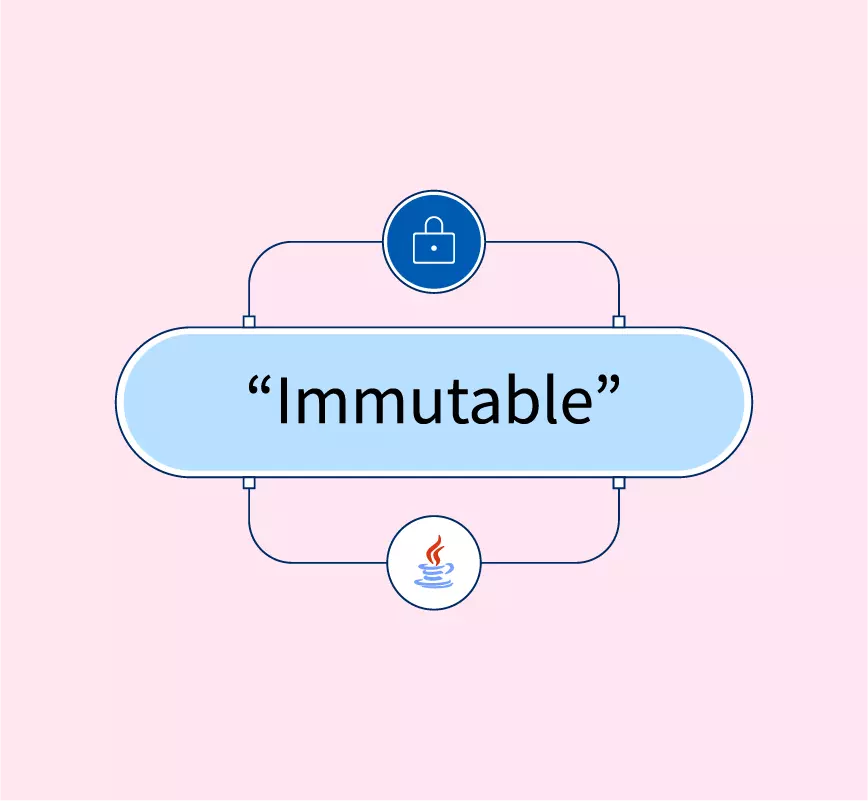Why Are Strings Immutable in Java? Comprehensive Guide for Beginners
Why Are Strings Immutable in Java? Comprehensive Guide for Beginners
Blog Article
What Is Unalterable Strings and How It Functions
In the world of shows, recognizing the principle of unalterable strings is vital for creating safe and robust applications. Immutable strings refer to strings that can not be altered after they are produced, guaranteeing information honesty and predictability within the code.
The Fundamentals of Immutable Strings
Unalterable strings, as an essential idea in shows, are personality sequences that can not be transformed as soon as they are produced. This indicates that when a string is designated a value, that value can not be modified. In languages like Python and Java, strings are unalterable items, resulting in different implications in terms of memory administration and data integrity.
Among the key advantages of unalterable strings is that they supply a sense of safety in data adjustment. Since the web content of an unalterable string can not be changed, it ensures that the original data remains intact, decreasing the danger of unexpected changes throughout program execution (Why are strings immutable in Java?). This building also streamlines debugging processes, as developers can rely on that as soon as a string is defined, its worth will not be unintentionally changed
In addition, unalterable strings assist in reliable memory usage. When a brand-new string is developed based upon an existing one, as opposed to customizing the original string, the new worth is kept individually. This technique improves efficiency by minimizing memory fragmentation and simplifying memory allowance procedures. Overall, recognizing the basics of immutable strings is vital for understanding programming concepts and maximizing code performance.
Advantages of Unalterable Strings
Structure upon the safety and efficiency benefits of unalterable strings, their advantages include improving code integrity and streamlining concurrent programming tasks. By being immutable, strings can not be modified after production, which eliminates the threat of unplanned adjustments in the information they store. This inherent immutability ensures that as soon as a string is produced, its value continues to be constant throughout the program's execution, minimizing the chances of bugs caused by unforeseen changes.
In addition, immutable strings contribute to code reliability by making it less complicated to reason about the state of a program. Because strings can not be transformed, programmers can rely on that a string will always hold the same worth, streamlining debugging and upkeep efforts. This predictability leads to much more trustworthy and steady codebases.

Implementation in Programming Languages
Within various programs languages, the consolidation of immutable strings is an essential aspect that impacts exactly how information is dealt with and adjusted within code structures. The application of unalterable strings varies throughout different programs languages, with each language providing its own devices to support this concept.

In comparison, languages like C and C++ do not have built-in assistance for immutable strings. Designers in these languages should by hand apply immutability by applying guidelines within their code to avoid straight modifications to string items.
Ideal Practices for Functioning With Immutable Strings
When dealing with unalterable strings in shows languages like Java and Python, sticking to best methods makes certain safe and effective data manipulation. One of the essential best you can find out more methods is to utilize StringBuilder or StringBuffer rather than directly controling strings, specifically when dealing with comprehensive concatenation operations. These classes supply mutable options for string manipulation, aiding to avoid unneeded memory allotments and enhancing efficiency.
Furthermore, when functioning with sensitive information such as passwords or API keys, it is vital to avoid saving them as ordinary message in unalterable strings. Making use of safe and secure storage space systems like char varieties or specialized collections for dealing with delicate details assists reduce protection dangers linked with unalterable strings.
Real-world Applications and Examples
Exploring useful applications of immutable strings in numerous sectors reveals their significant influence on data stability and system dependability. In the medical care field, unalterable strings play a crucial role in ensuring the protection and confidentiality of client data. By stopping unauthorized adjustments to delicate information such as medical documents and prescriptions, immutable strings help maintain conformity with rigorous personal privacy regulations like HIPAA.
Banks additionally benefit from the immutable nature of strings to improve the security of customer information and deal records. Unalterable strings assist stop scams and unapproved modifications to monetary information, providing a durable protection against cyber dangers and making sure the trust fund and self-confidence of clients.

Final Thought
Ideal techniques for working with immutable strings include staying clear find of straight alterations and utilizing approaches that return new string items. Real-world applications of immutable strings consist of information file encryption, caching, and string manipulation tasks.
Immutable strings refer to strings that can not be modified after they are created, ensuring information honesty and predictability within the code. When a new string is produced based on an existing one, rather than customizing the original string, the brand-new value is kept separately.In languages see this like Java and Python, strings are immutable by default, implying that as soon as a string things is produced, its value can not be changed - Why are strings immutable in Java?. Best methods for working with unalterable strings consist of avoiding direct adjustments and utilizing approaches that return brand-new string things. Real-world applications of unalterable strings include data encryption, caching, and string manipulation jobs
Report this page